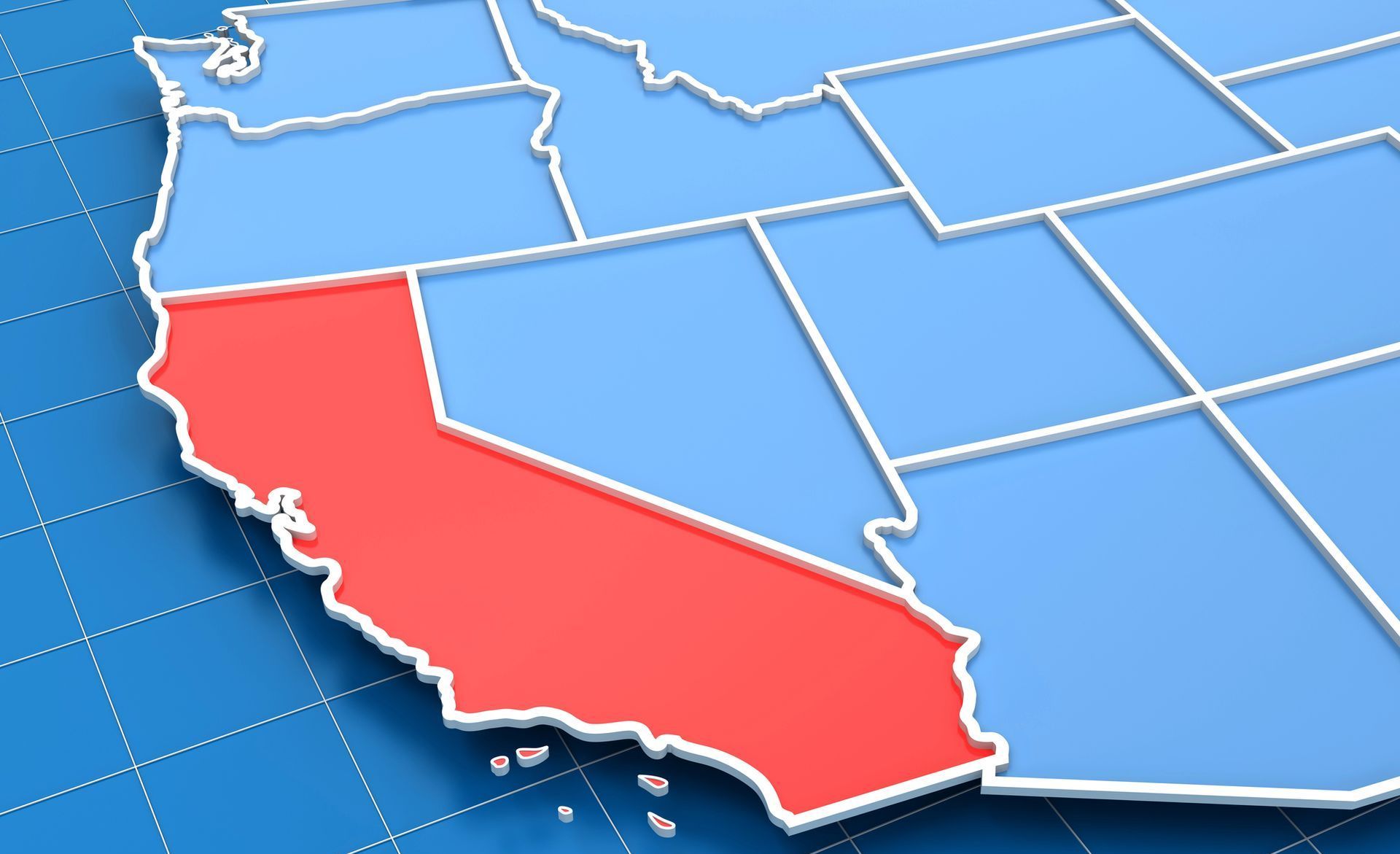California to Officially Repeal Advanced Clean Fleets Rules
California has agreed to formally repeal much of its controversial Advanced Clean Fleets electric-truck mandate as part of a legal settlement.
Key provisions of ACF already were not being enforced because the state did not get a required waiver from the Environmental Protection Agency.

Nebraska Attorney General Mike Hilgers announced the legal settlement. The state had led a coalition of 17 states in challenging the Advanced Clean Fleets rules in court.
Among other things, a press release from the AG’s office explained, the ACF rule targeted any fleet that operated in California, regardless of where the fleet was headquartered. Given California’s large population and access to international ports, the news release said, this rule would have had nationwide effects on the supply chain.
In the settlement, California agreed not to enforce the Advanced Clean Fleets rule and to start the process to repeal it.
California regulators also conceded that they cannot enforce California’s 2036 ban on the sale of internal-combustion trucks unless until the ban receives a Clean Air Act preemption waiver from the EPA. Such a waiver looks highly unlikely at this point.
What Is the Advanced Clean Fleets Rule?
Advanced Clean Fleets was the second part of California’s efforts to convert trucking in the state to zero-emission vehicles.
Unlike the state's earlier Advanced Clean Trucks rules, which require truck makers to sell a certain percentage of ZEV trucks, ACF was a rule directly targeting trucking fleets.
As previously reported, the ACF would have mandated that truck buyers increasingly purchase zero-emissions trucks, on a phased-in schedule based on fleet size and annual revenues.
It would have ended the sale of new fossil-fuel trucks in 2036 and required large trucking companies to convert their medium- and heavy-duty fleets to zero-emission battery-electric or hydrogen fuel cell models by 2042.
ACF has been opposed by the trucking industry for setting unrealistic goals for electric-truck adoption and not considering other emissions reduction alternatives.
According to court documents, the California Air Resources Board agreed to begin a rulemaking to repeal ACF's High-Priority Fleet and Drayage Fleet Requirements.
Unclear, however, is how this will affect the ACF rules for State and Local Government Fleets, which, affecting only fleets in the state, did not require an EPA waiver.
Advanced Clean Fleets Already Was Effectively Dead
In January of this year, shortly before President Donald Trump took office, the California Air Resources Board withdrew its request for the Advanced Clean Fleets EPA waiver, realizing that it would be unlikely to get approval under the new administration.
And in fact, the Trump administration and the Republican-led Congress are trying to kill off the Advanced Clean Trucks rule and California’s diesel emissions rules, which both had already received EPA waivers under the Biden administration.
California's withdrawal of the waiver request meant it could not enforce the Advanced Clean Fleet rules.
In announcing the settlement, Hilgers took credit for helping to kill California’s request for the ACF waiver during the Biden administration, noting that he previously led a 24-state coalition in successfully opposing that request.
What's Next for CARB and ACF?
According to the court filing, the California Air Resources Board staff agreed it will present a proposal to repeal the High-Priority Fleet and Drayage Fleet Requirements of the Advanced Clean Fleets regulation to the Board in a public hearing to be held no later than October 31, 2025.
If the Board approves the proposed repeal, CARB staff will submit that rulemaking action to California’s Office of Administrative Law for approval no later than August 31, 2026.
CARB also agreed that it will not take any enforcement action under the High Priority Fleet or Drayage Requirements for conduct during the period beginning with the earliest effective date of any of these requirements (November 1, 2023) and ending when CARB or OAL (whichever acts latest) takes final action on the CARB rulemaking.
Nor will CARB enforce the part of the Advanced Clean Fleets regulation requiring 100% zero-emission-vehicle sales in the medium- and heavy-duty categories beginning with model year 2036, until CARB obtains a Clean Air Act preemption waiver from EPA for that regulatory requirement.
Attorneys general from the following states joined the lawsuit against California regulators: Alabama, Arkansas, Georgia, Idaho, Indiana, Iowa, Kansas, Louisiana, Missouri, Montana, Oklahoma, South Carolina, Utah, West Virginia, and Wyoming. Also joining the lawsuit were the Nebraska Trucking Association and the Arizona State Legislature.
Content Disclaimer: Due to the constantly changing nature of government regulations, it is impossible to guarantee the total and absolute accuracy of the material contained herein or presented. NorthAmerican Transportation Association (NTA) cannot and does not assume any responsibility for omissions, errors, misprinting or ambiguity contained. NTA shall not be held liable in any degree for any loss, damage or injury caused by any such omission, error, misprinting or ambiguity present. It is made available with the understanding that NTA is not engaged in rendering legal, accounting or other professional service. If legal advice or other expert service is required, the services of such a professional should be sought.











